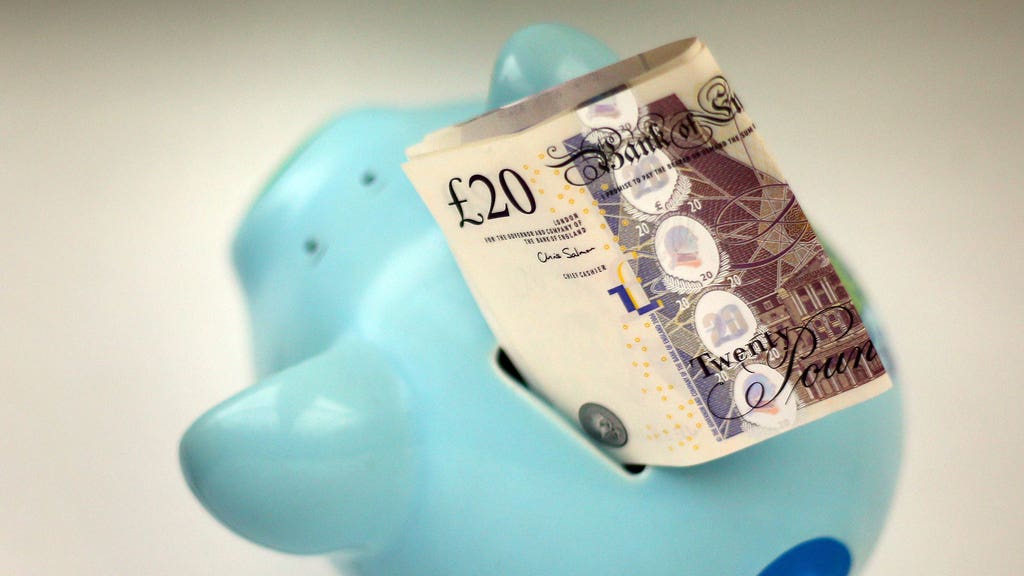Black households face being hit harder by cost-of-living crisis as most have less than £1,500 savings
Exclusive: Labour says figures ‘a damning indictment of over a decade of Conservative failure to tackle deep-seated structural inequalities’

Your support helps us to tell the story
From reproductive rights to climate change to Big Tech, The Independent is on the ground when the story is developing. Whether it's investigating the financials of Elon Musk's pro-Trump PAC or producing our latest documentary, 'The A Word', which shines a light on the American women fighting for reproductive rights, we know how important it is to parse out the facts from the messaging.
At such a critical moment in US history, we need reporters on the ground. Your donation allows us to keep sending journalists to speak to both sides of the story.
The Independent is trusted by Americans across the entire political spectrum. And unlike many other quality news outlets, we choose not to lock Americans out of our reporting and analysis with paywalls. We believe quality journalism should be available to everyone, paid for by those who can afford it.
Your support makes all the difference.Black households face being disproportionately impacted by the cost-of-living crisis, according to analysis which shows nearly four in five have less than £1,500 in savings.
More than half a million Black adults have no savings at all to fall back on, according to figures compiled by the Labour Party, which attacked the government’s “failure to tackle deep-seated structural inequalities”.
Families in England face having their household budgets slashed by £1,200 amid soaring energy bills and tax hikes.
The analysis, published to mark Race Equality Week, show that more than 1.2 million (78 per cent) adults from households headed by someone from a Black, African, Caribbean or Black British background reported having less than £1,500 in savings and investments, compared to a national average of 48 per cent.
Twenty-four per cent of Black households said they had no savings, compared to an average of 15 per cent across all ethnic groups in the UK.
Adults from Pakistani and Bangladeshi backgrounds are also disproportionately at risk from rising prices, with 72 per cent and 73 per cent respectively holding less than £1,500 in savings and investments. In both groups, more than a quarter of adults (27 per cent and 28 per cent respectively) have no savings at all.
Forty-five per cent of white British households have less than £1,500 in savings, while 14 per cent have none at all.
Taiwo Owatemi, Labour’s shadow minister for equalities, said: “This is a damning indictment of over a decade of Conservative failure to tackle deep-seated structural inequalities that the pandemic only made worse.
“Instead of confronting the racial inequalities in health, housing and the workplace exposed by the Lawrence Review, the Conservatives are questioning whether structural racism even exists.
“Black, Asian and minority ethnic people deserve better than this Conservative government, and so do the almost 10 million people from all backgrounds who don’t have a penny in savings to fall back on as this crisis bites.”

Figures from the Office of National Statistics show that 8 per cent of Black people are unemployed, double the national average of 4 per cent.
Meanwhile, people from Pakistani and Bangladeshi backgrounds have the lowest average hourly pay of any ethnic group (£10.55 an hour) and 17 per cent of Asian people live in households with persistent low income before housing costs, compared to 9 per cent across all ethnic groups.
The analysis comes 18 months after Labour published a review by Baroness Doreen Lawrence into the disproportionate impact of Covid-19 on Black, Asian and minority ethnic communities.
It found that the economic impact of the pandemic was disproportionately affecting ethnic minority communities, with Black, Asian and minority ethnic workers overrepresented in shutdown sectors, and Pakistani and Bangladeshi workers also overwhelmingly more likely to be self-employed.
Labour leader Sir Keir Starmer responded to the Lawrence Review by pledging that the next Labour government would introduce a new Race Equality Act to tackle structural racial inequality.
The Conservatives have yet to implement the review’s recommendations. In the wake of the Black Lives Matter protests in 2020, the party created a widely contested report, led by Dr Tony Sewell, which suggested that the UK does not have a systemic problem with race.
A Treasury spokesperson said: “We recognise the pressures people are facing with the cost of living and are providing support worth around £20bn this financial year and next to help.
“This includes £9bn the chancellor announced last week to help households with rising energy bills, and also rises to the national living wage from April, meaning people working full time on the national living wage will see a £1,000 increase in their annual earnings.”
Join our commenting forum
Join thought-provoking conversations, follow other Independent readers and see their replies
Comments